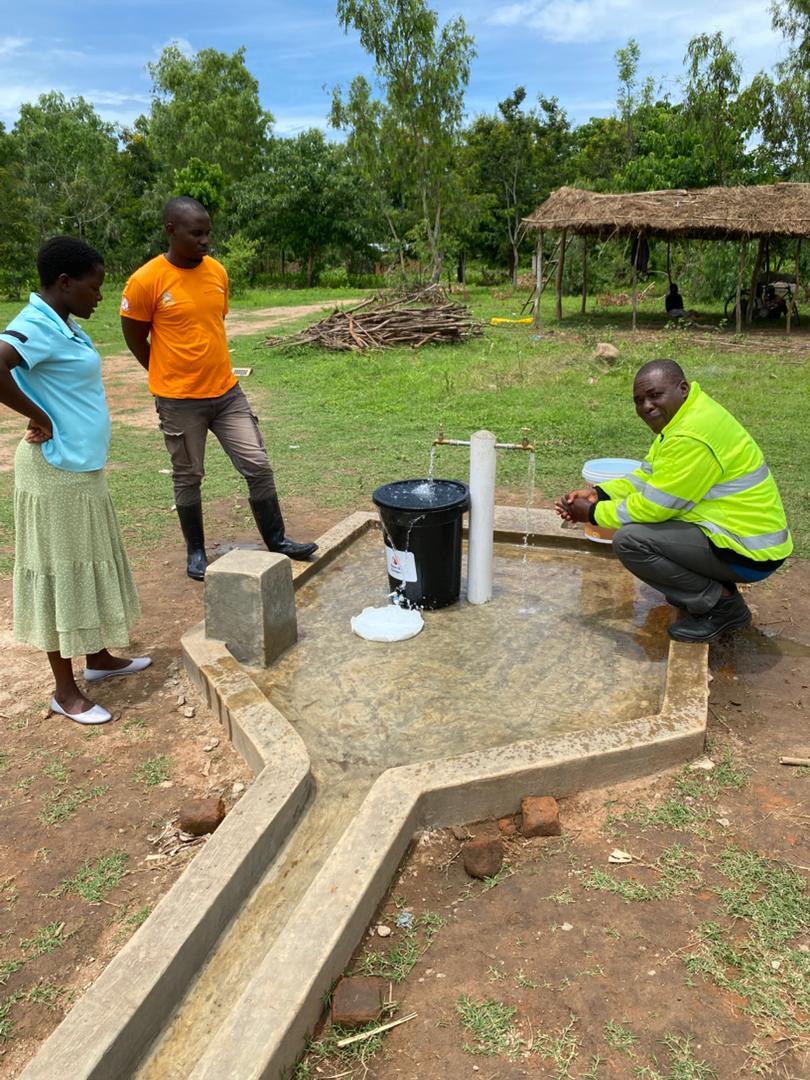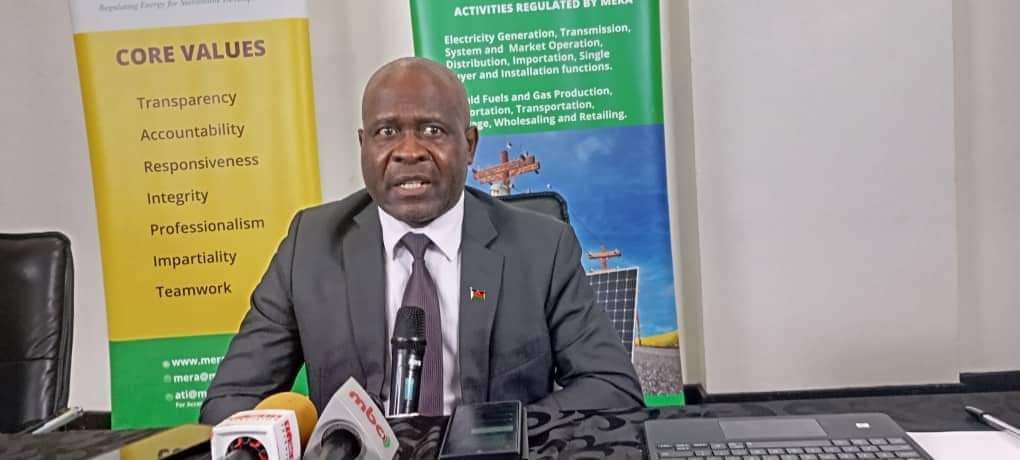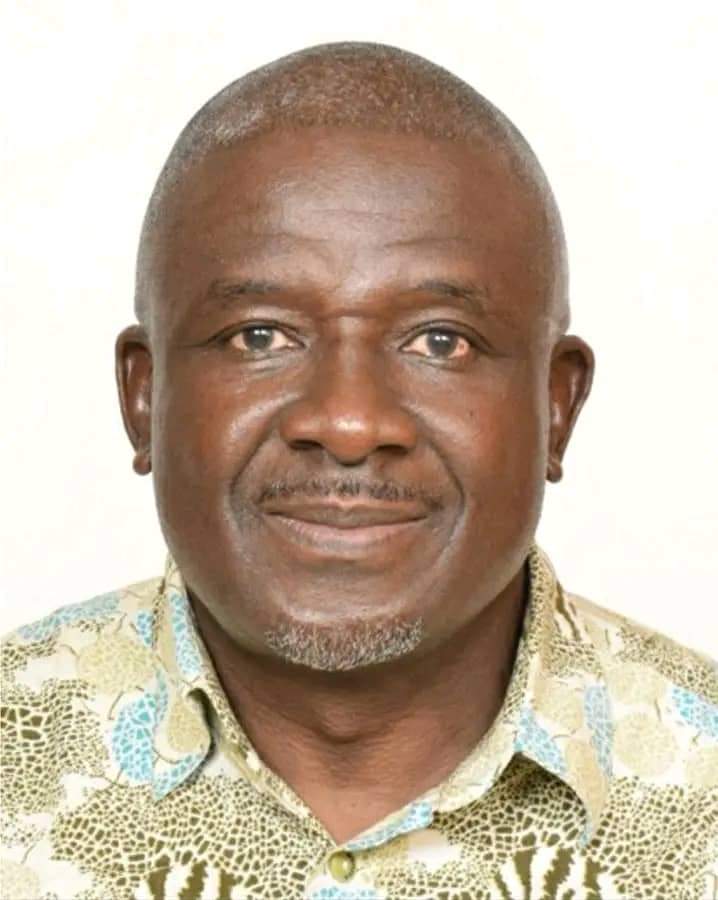By Vincent Gunde
The Organization for Sustainable Socio-Economic Development Initiative (OSSEDI) and En ergy Africa have teamed up to implement “Improved cook stoves, Health families-Mbaula zamakono, Banja la thanzi project,” in Dowa district responding to the Government SDG7 Compact “inefficient cooking practices result in negative impacts for climate, environment and human health.
OSSEDI and Energy Africa sourced resources from Futures Incorporation, a Japanese based organization to pilot an improved cook stove project in the areas of Traditional Authorities Kayembe, Dzoole and Chiwere in Dowa district.
The two organizations have been implementing the project in the district between August and November, 2024 OSSEDI in T/A Kayembe and Energy Africa in T/A Dzoole and Chiwere addressing the felt need amongst women and girls who spend a lot of time looking and collecting firewood especially in degraded areas.
Updating the District executive committee (Dec) in Dowa, OSSEDI Malawi Programs Manager Masauko Mthunzi, said the project was aimed at reducing wood consumption for cooking thereby curbing deforestation and improving health by providing cleaner, efficient cooking solutions.
Mthunzi said the project made some remarkable progress such as community facilitators trained in brick moulding furnace construction and metal parts installation which saw 500 improved cook stoves moulded in the areas of 3 T/As.
He said the baseline survey on fuel mix and feasibility study was conducted for the deployment of the improved cook stoves and local stakeholder’s consultations were made following gold standards as well as installation of internet of things (IOT) devise in selected households for monitoring usage.
However, Mthunzi said beside the project registering remarkable progress, it made some challenges such as stealing of metal bars for sale, slow adoption due to fear of the pots being damaged due to overheating and some kitchen do not have doors and proper roofs for safety.
Going forward, Mthunzi said the project will reach out to 63,000 households in the areas of the 3 T/As, constructing one stove per household instead of two stoves per household to increase reach and establish an ongoing monitoring of stove usage through selected community members, installation of IOT, among others. “Fear of the pots being damaged due to over-heating and some kitchen do not have doors and proper roofs for safety,” he said.
Going forward, Mthunzi said the project will reach out to 63,000 households in the areas of the 3 T/As, construct one stove per hour, instead of 2 stoves per hour to increase reach and establish an ongoing monitoring of stove usage through selected community members, among others.




